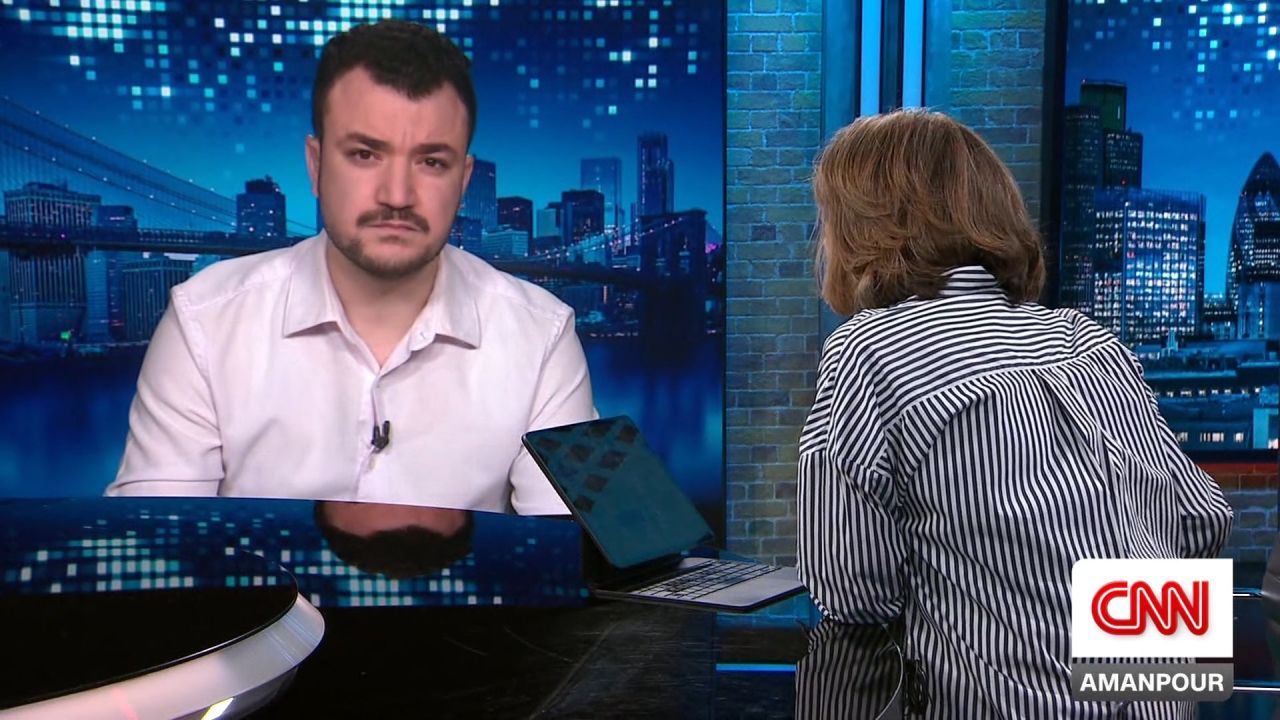CNN
—
Federal investigators normally tasked with uncovering narcotic and financial crimes were told to prioritize the arrest of a university student with no criminal record, and not tell her that her visa was revoked, a Homeland Security Investigation agent testified Tuesday, a marked shift for the agency under President Donald Trump.
The agent, Patrick Cunningham, appeared during the second week of a trial in Boston over the Trump administration’s so-called ideological deportation policy, which a group of university professors say is intended to limit protected political speech.
The trial has highlighted how the Department of Homeland Security began taking orders from the State Department as it targeted certain professors and students to change their immigration status and work to have them deported. Critics have claimed the administration is targeting these individuals because of their pro-Palestinian views and statements against Israel.
Cunningham was asked Tuesday about the arrest of Tufts University doctoral student Rümeysa Öztürk, who was approached by a plain-clothed officer near her Somerville, Massachusetts, home in March. In footage of the arrest, the officer can be seen grabbing Öztürk’s wrists after approaching her as other officers walked toward Öztürk from across the street.
According to Cunningham, a high-ranking agent in Boston, the State Department had communicated to HSI that Öztürk’s visa had been revoked and passed information about the student to HSI, including an anti-Israel op-ed written by Öztürk.
“I can’t recall receiving a communication like this,” from the State Department before, Cunningham said. In the past, he said, HSI was not involved in most immigration-related cases, sticking primarily to drug, financial and other crimes.
When he received the communication from the State Department and was told to arrest Öztürk because her visa had been quietly revoked, Cunningham went to lawyers at the Department of Homeland Security to make sure the arrest would be legal, according to his testimony.
“It was not something that I had much experience with, no. If any,” he said Tuesday.
Cunningham also said that leadership had made the decision not to tell Öztürk that her visa had been revoked.
“It was the determination made that she would not be” made aware “that her visa had been revoked,” the agent said. “We did not plan on alerting her.”
After spending six weeks in detention, US District Judge William K. Sessions III ordered Öztürk’s release in May as her immigration case plays out.
The testimony, Öztürk’s attorney Mahsa Khanbabai told CNN, “confirmed what we already knew, that Rumeysa and the others were targeted for their free speech advocating against the Israeli government’s atrocities in occupied Palestine.”
“The ‘silent revocation’ is a manipulation of our immigration laws to target those who exercise their constitutional rights,” she added. “This has never been about immigration enforcement and has always been about retaliation and punishment on protected speech.”
Also Tuesday, a high-ranking agent at HSI’s New York division, Darren McCormack, said he received an intelligence packet on Columbia University graduate student Mahmoud Khalil.
McCormack testified that instructions came from DHS headquarters in Washington to locate and surveil Khalil and he was told the administration was interested in the case.
“At some point I was made aware that the Secretary of State and or the White House had an interest in Mr. Khalil,” McCormack testified.
Days after they were instructed to monitor Khalil, McCormack received a memo from the State Department that “indicated that his status, his immigration status in the United States had changed,” McCormack said.
Like in the case of Öztürk, McCormack checked with officials to make sure the arrest being requested was legally sound.
“We historically, in the recent time, had not enforced those laws,” McCormack said of HSI’s lack of work on immigration efforts. “I wanted to confirm that there was a legal basis for the arrest.”

“It felt like kidnapping”: Mahmoud Khalil on being arrested by I.C.E.
Khalil was released in June after being detained for more than 100 days. His immigration case is ongoing and Khalil’s lawyers filed a claim against the Trump administration for $20 million in damages, alleging he was falsely imprisoned and was portrayed as antisemitic.
A separate HSI witness, Acting Special Agent in Charge Christopher Heck, testified that DHS headquarters had instructed him to begin surveilling Georgetown University scholar Badar Khan Suri in order to be able to arrest him when the State Department changed his immigration status.
As with Öztürk and Khalil, a federal judge ordered the release of Suri in May as the immigration case played out.
The agents also testified about the use of masks by ICE agents during each of these arrests, saying that there is no policy around the use of masks at DHS and the decision is made by the individual officer.
Some agents chose to wear masks during these arrests, the agents testified.
“Currently, in the world of social media and doxing and for safety of agents and their families, agents will wear masks to protect their identities,” McCormack said.
HSI agents do not wear uniforms and drive unmarked vehicles, the agents said.
William Crogan, an HSI agent serving as an attaché in London, testified that while the use of masks “is not necessarily a new thing in my experience,” he told the judge presiding over the trial that in the previous five years prior to the new administration he could only recall masks being used by undercover HSI agents looking to keep their identity secret.
This story has been updated with additional developments.

